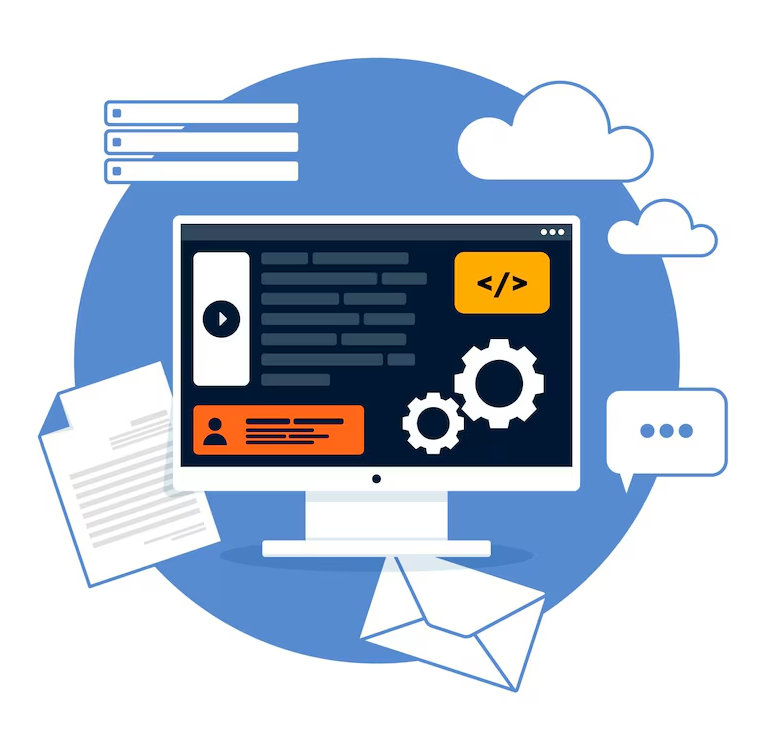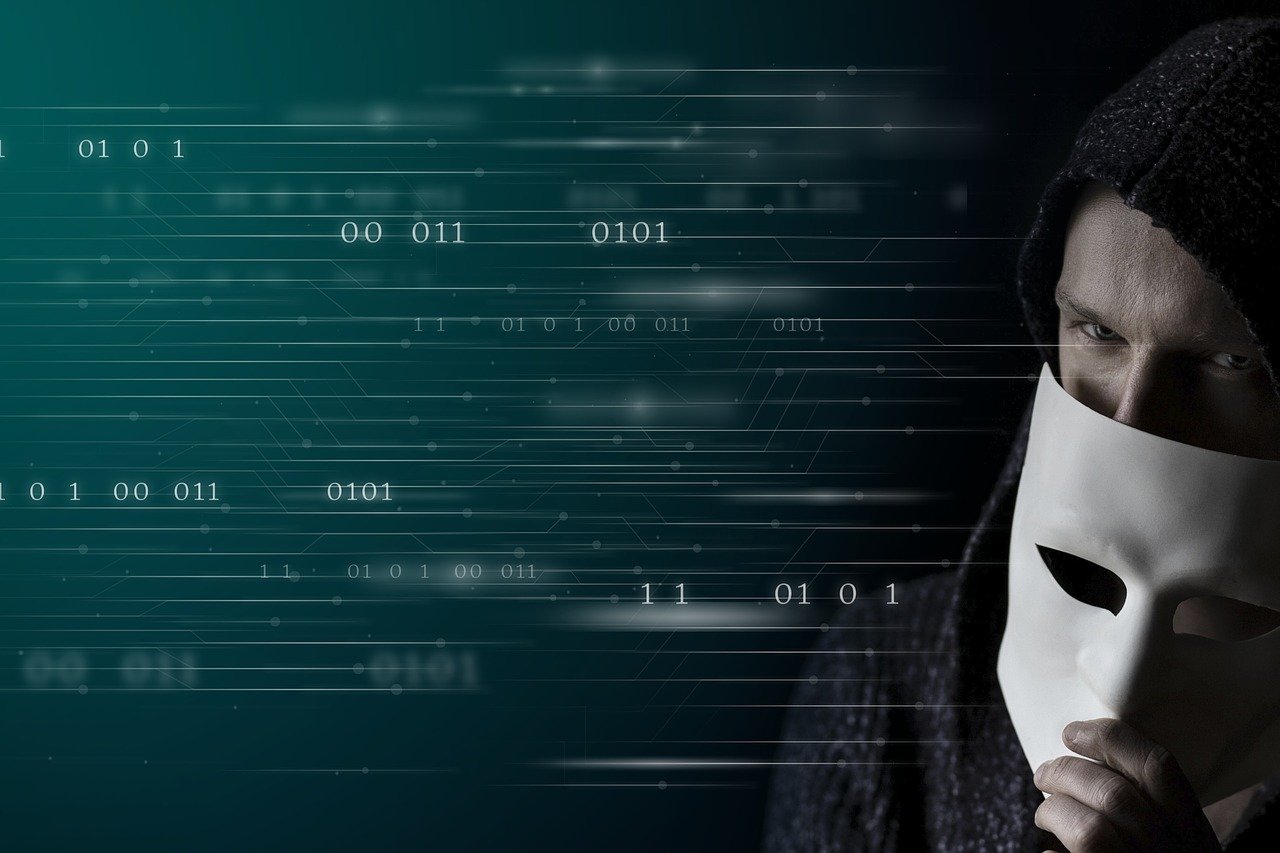- About Us
- Services
Our software testing services ensure the reliability and quality of your applications through comprehensive security testing, performance testing, and game testing. We specialize in automation to enhance efficiency, and mobile app testing to guarantee seamless user experiences across devices. Trust us to deliver robust, high-performing, and secure software solutions
- Industries
Industry Solutions
Tailored Testing for Diverse Sectors
Our expertise extends across various industries, allowing us to provide specialized testing solutions that meet the unique needs of each sector
- Resources
- Contact Us
Successful defenses against social engineering attack is need of Time


Google and Facebook's Recovery from a $100 Million Scam
Between 2013 and 2015, Google and Facebook were targeted by a Lithuanian scammer who used fake invoices to trick employees into transferring over $100 million to fraudulent accounts. Both companies quickly identified the fraud and worked with law enforcement to recover the funds. This incident led to the implementation of stricter verification processes for financial transactions and enhanced employee training on recognizing phishing attempts².
Target's Response to a Phishing Attack
In 2013, Target Corporation fell victim to a phishing attack that compromised the credit card information of over 40 million customers. The attackers gained access through a phishing email sent to an HVAC company connected to Target. In response, Target invested heavily in cybersecurity measures, including advanced threat detection systems, regular security audits, and comprehensive employee training programs¹.


Healthcare Organization's Defense Against Social Engineering
A healthcare organization successfully defended against a social engineering attack by implementing a robust multi-factor authentication (MFA) system. When attackers attempted to gain access through phishing emails, the MFA system required additional verification, which the attackers could not bypass. This defense mechanism prevented unauthorized access and protected sensitive patient data³.
Government Agency's Enhanced Security Measures
A government agency faced a sophisticated spear-phishing campaign targeting its employees. The agency had previously conducted regular phishing simulations and employee training, which helped staff recognize and report the phishing attempts. The agency’s incident response team quickly isolated the threat, preventing any data breaches and reinforcing the importance of continuous training and awareness².
These examples highlight the importance of proactive measures such as employee training, multi-factor authentication, and regular security audits in defending against social engineering attacks.

